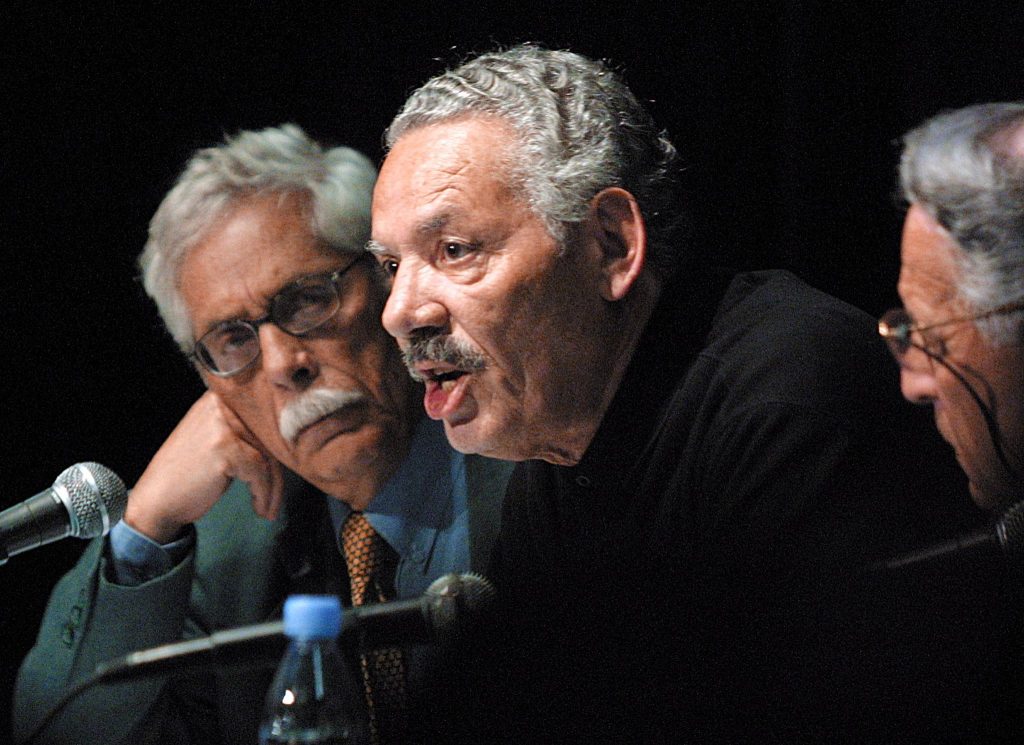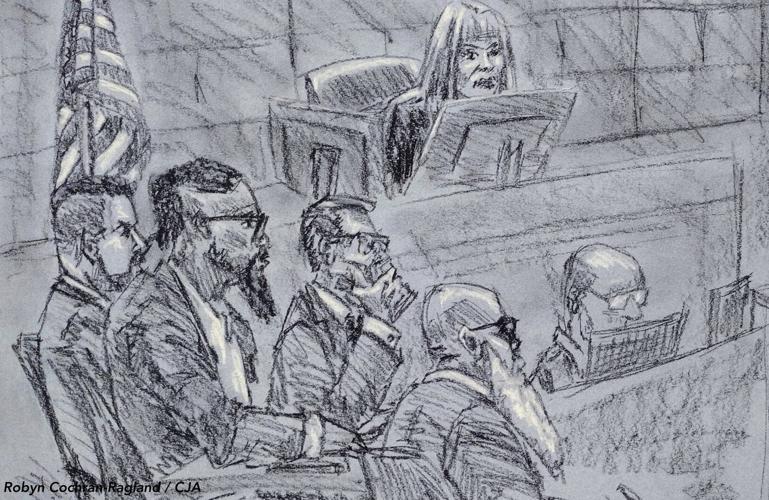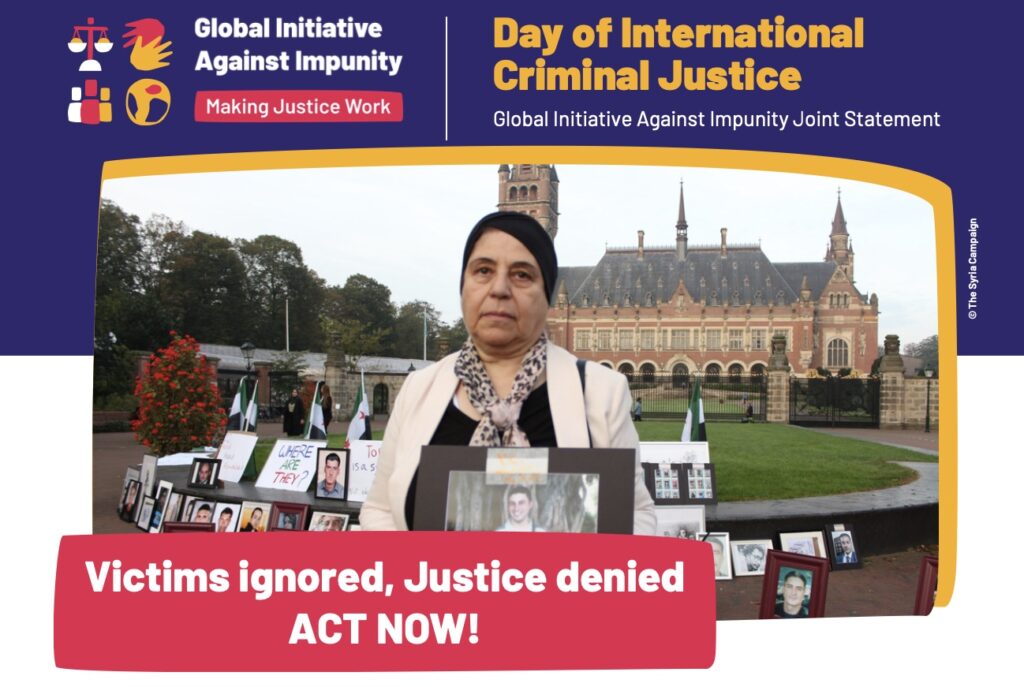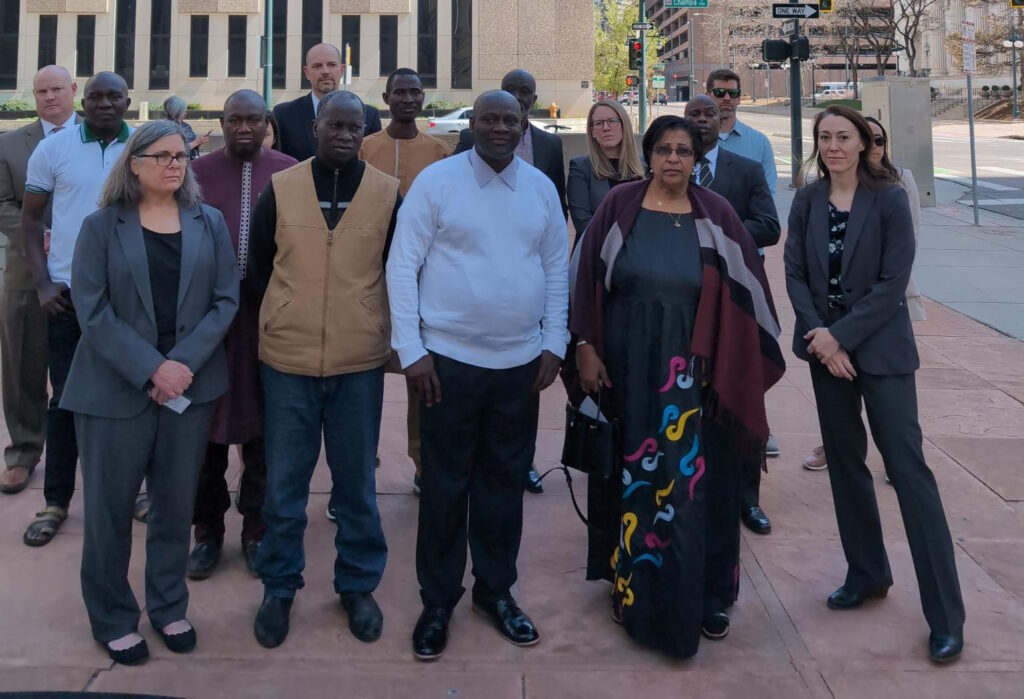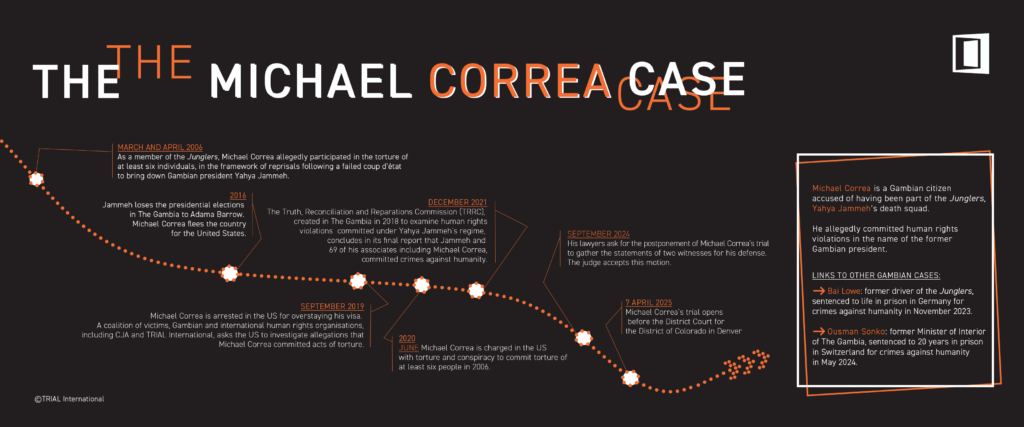Bih: Human Rights Committee should question human rights situation in the country
Sarajevo / Geneva 15 December 2011
In December 2011 TRIAL (Swiss Association against Impunity), seven associations of relatives of missing persons, five associations working on the subject of women victims of rape or other forms of sexual violence during the war and four associations or federations of associations of former concentration camp-detainees submitted a report to the United Nations Human Rights Committee (HRC) to react to the second periodic report on the implementation of the International Covenant on Civil and Political Rights (ICCPR) that Bosnia and Herzegovina (BiH) presented on 17 November 2010.
At its 104th session (New York, 12 to 30 March 2012), a special task force within the HRC will study the periodic report of the State together with the information shared by TRIAL and its partner associations and it will formulate a “list of issues” on which it deems appropriate to request further information and explanations to BiH.
“The report highlights a number of matters on which the State did not comprehensively inform the HRC” said Ms. Lejla Mamut, the Human Rights Coordinator of TRIAL in Sarajevo. “Indeed, we do consider that these subjects are crucial in terms of full enforcement of BiH’s international obligations and we therefore call on the HRC to include specific matters, in particular related to the situation of relatives of missing persons, former camp-detainees and victims of sexual violence from the war, in the list of issues that it will submit to BiH”.
BiH will be then given some months to formulate its answer to the questions put forward by the HRC. The latter will analyse the replies and adopt its concluding observations and relevant recommendations between October and November 2012.
Ms. Selma Korjenić, TRIAL’s Human Rights Officer in charge of sexual violence for BiH indicated that “in the concluding observations on BiH that the HRC adopted in 2006, the State had already been recommended to take effective measures with regard to the mentioned categories of people. Unfortunately, it does not appear that much has been done to implement the previous recommendations. It is therefore of the utmost importance to provide extensive information to the HRC, expressing the view-point of civil society and giving voice to those that are usually left behind”.
The report submitted to the HRC thoroughly analyses the situation of relatives of missing persons, former camp-detainees and victims of sexual violence from the war, pointing out how their basic rights, enshrined and guaranteed in the ICCPR, continue being violated more than 16 years after the conclusion of the conflict. Furthermore, a number of questions considered to be crucial to understand what the State has done or is planning to do in order to address this situation are spelled out, in the hope that the HRC will reproduce those questions and submit them to BiH.
“The report formulates almost 50 questions on which we would like to learn the position of the State. Nevertheless, they could easily be summarised: how and when does BiH plan to finally guarantee relatives of missing persons, victims of sexual violence and former camp-detainees their right to know the truth, to justice and to redress?”, concluded Ms. Lejla Mamut and Ms. Selma Korjenić.
Ultimately, BiH owes the answer to this question to the international community, but even before that, to the whole BiH society.
Overall Context
It is estimated that around 100,000 persons died as a consequence of the conflict in BiH during the period 1992-1995 and that between 25,000 and 30,000 were victims of enforced disappearance. As of today, between 10,000 and 13,000 people are still missing. During the war the use of rape or other forms of sexual violence was widespread (rates of victims of sexual violence vary from 20,000 to 50,000). It is also known that during the war clandestine detention facilities were set up. At present, 652 places of detention have been registered. The total number of people who were held in the mentioned concentration camps has not been determined with certainty.
In September 2010 TRIAL and six organisations of relatives of missing persons submitted to the HRC information on the subject of missing people, in order to highlight the progresses made, as well as the remaining obstacles for the full implementation of the recommendations issued in November 2006 by the HRC. TRIAL has also filed 40 individual complaints before the European Court of Human Rights or the UN Human Rights Committee on behalf of relatives of missing persons. In May 2011, TRIAL and 12 associations dealing with the subject of victims of rape or other forms of sexual violence during the war submitted a general allegation to the United Nations Special Rapporteur on Violence against Women, its Causes and Consequences to highlight the ongoing violations suffered by this category of people. In October 2011, TRIAL, seven associations of relatives of missing persons, seven associations working with victims of sexual violence and four associations of former camp-detainees submitted a follow-up report to the UN Committee against Torture (CAT) to provide it with information on the implementation by BiH of the concluding observations issued by CAT in November 2010. TRIAL will continue to resort to international mechanisms for the protection of human rights in order to turn the attention to the situation of families of missing persons, victims of sexual violence, as well as former camp-detainees in BiH and to put pressure on the government to work harder for the improvement of the current position of these groups of victims.
For further information
- On the individual complaints filed before the European Court of Human Rights or the UN Human Rights Committee, see here.
- For the report submitted in September 2010 to the HRC see here.
- For the concluding observations on BiH issued in 2006 by the HRC, see here See also TRIAL’s website in the local language: trialinternational.org/BiH.


